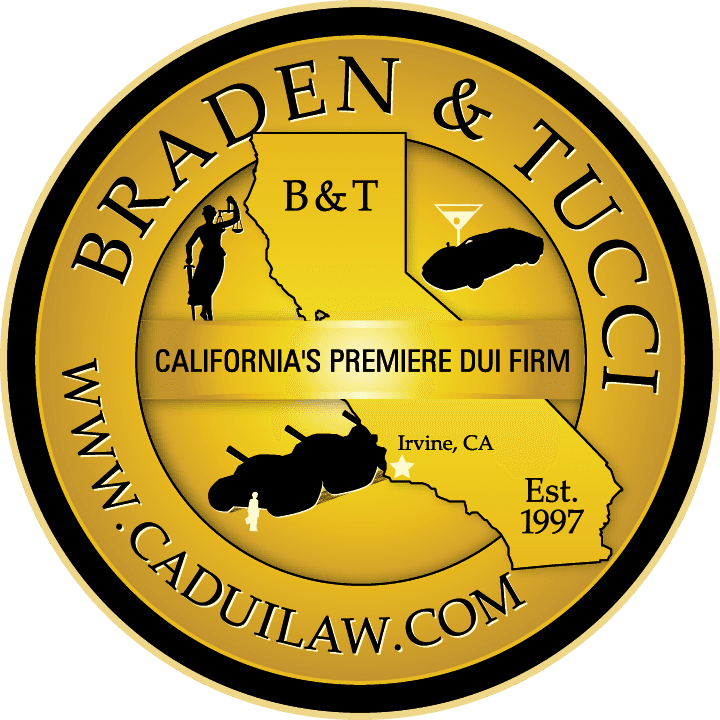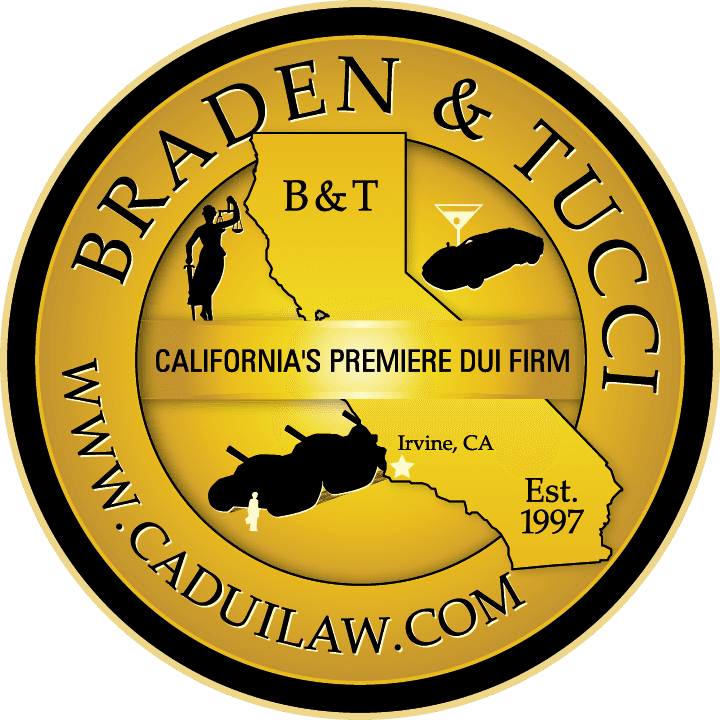Driving under the influence (DUI) is a serious offense in California, as it is in many other states. Law enforcement officers have a duty to keep the roads safe by apprehending individuals who are driving while impaired by alcohol or drugs. To do so, they must follow strict legal procedures, including establishing both reasonable suspicion and probable cause for a DUI arrest. Understanding the difference between these two concepts is crucial for anyone facing a DUI charge in California.
Reasonable Suspicion: The Initial Hurdle
Reasonable suspicion is the first legal threshold that law enforcement officers must meet when they suspect a driver of being under the influence. It is the lowest standard of proof in the criminal justice system. In simple terms, reasonable suspicion means that an officer must have a reasonable belief, based on specific facts and circumstances, that a crime is or has been committed. In the context of a DUI arrest, reasonable suspicion might arise from observations such as erratic driving, speeding, swerving, running red lights, or any other suspicious behavior that could indicate impairment.
Remember, reasonable suspicion is a relatively low bar to meet. An officer does not need concrete evidence of DUI at this stage but must have a legitimate reason to stop a vehicle and investigate further. This initial suspicion is typically based on observable behavior, the driver's appearance, or tips from concerned citizens.
If an officer lacks reasonable suspicion, any evidence obtained during a traffic stop may be considered unconstitutional and, thus, inadmissible in court. This is where the delicate balance between public safety and civil liberties comes into play. Law enforcement must ensure they have sufficient grounds to make a traffic stop and conduct further investigations.
Probable Cause: Building a Stronger Case
Once an officer has established reasonable suspicion, they may proceed to the next phase, which is establishing probable cause. Probable cause is a higher standard of proof than reasonable suspicion and signifies a strong belief, based on specific facts and circumstances, that a crime has been committed. In a DUI case, probable cause is typically established through field sobriety tests, breathalyzer or blood tests, and additional observations.
Field sobriety tests, such as the one-leg stand, walk-and-turn, and horizontal gaze nystagmus, are designed to assess a driver's physical and cognitive impairment. If a driver fails these tests or exhibits clear signs of intoxication, the officer may have probable cause to arrest them for DUI. Additionally, if the driver's blood alcohol concentration (BAC) exceeds the legal limit of 0.08%, this can also provide probable cause for an arrest.
Blood or breath tests are another common method for establishing probable cause in a DUI case. If a driver submits to a breathalyzer or blood test and the results indicate a BAC above the legal limit, this provides strong evidence of intoxication. However, it's important to note that drivers have the right to refuse these tests in California, although there can be consequences for such refusal, including potential license suspension.
DUI Checkpoints and Reasonable Suspicion
In addition to traditional traffic stops, DUI checkpoints are a common method used by law enforcement to identify and apprehend impaired drivers. At a DUI checkpoint, all drivers are briefly detained, regardless of suspicion, to determine their sobriety. Some argue that this practice is a potential violation of Fourth Amendment rights against unreasonable searches and seizures. However, the U.S. Supreme Court has upheld the constitutionality of DUI checkpoints as long as they meet specific guidelines, such as providing advance notice to the public and ensuring that stops are brief and non-discriminatory.
At a DUI checkpoint, officers may establish reasonable suspicion through various means, such as the smell of alcohol, slurred speech, or the driver's behavior during the brief encounter. If reasonable suspicion is established, they can proceed with field sobriety tests or request a breathalyzer test to establish probable cause.
License Suspensions and Administrative Penalties
In California, DUI arrests trigger both criminal and administrative consequences. Even if a driver is not ultimately convicted of DUI, they may still face administrative penalties, such as a driver's license suspension. The California Department of Motor Vehicles (DMV) can suspend a driver's license if they refuse to take a chemical test or if their BAC is over the legal limit. These administrative penalties are separate from the criminal case and can occur independently of it.
If a driver's license is suspended, they typically have the opportunity to request a DMV hearing to challenge the suspension. At this hearing, the driver can present evidence and argue against the suspension. However, it's crucial to act quickly, as there is a limited window of time to request a DMV hearing following a DUI arrest.
Challenges to Probable Cause
Challenging probable cause is a common defense strategy in DUI cases. Defense attorneys often question the validity of field sobriety tests, breathalyzer or blood test results, and the officer's observations. They may argue that the officer did not follow proper procedures, that the testing equipment was faulty, or that external factors, such as medical conditions or fatigue, could have influenced the results. If a court finds that the probable cause was lacking or flawed, it may suppress the evidence gathered during the arrest.
Moreover, if an officer failed to read the Miranda rights to the suspect or violated their Fourth Amendment rights during the arrest, it could lead to further challenges in court. These rights protect individuals from self-incrimination and unreasonable searches and seizures, making it vital for law enforcement officers to follow proper protocols.
Conclusion
Being aware of the distinctions between reasonable suspicion and probable cause is essential when facing a DUI arrest in California. By understanding the factors that contribute to these legal standards, you can better navigate through the legal process. Remember, it is crucial to consult with an experienced DUI defense attorney to ensure your rights are protected.
At Braden & Tucci, we specialize in providing expert legal representation for DUI cases in California. Our team of skilled attorneys has a deep understanding of reasonable suspicion, probable cause, and other crucial aspects of DUI defense.
Contact us today to schedule a consultation and learn how we can help you navigate through the complexities of your case.

